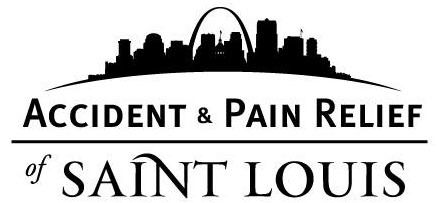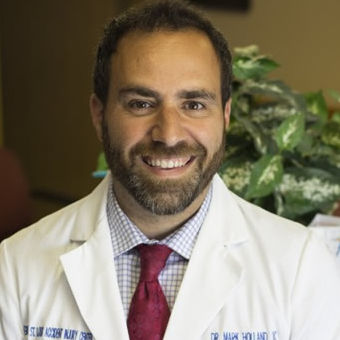 Dr. Holland sees many patients weekly in our busy North St. Louis, MO chiropractic office who are looking for relief from the pain and agony they feel due to herniated discs. Our experience isn't unique; the medical research verifies that chiropractic is a successful way to treat herniated disc problems.
Dr. Holland sees many patients weekly in our busy North St. Louis, MO chiropractic office who are looking for relief from the pain and agony they feel due to herniated discs. Our experience isn't unique; the medical research verifies that chiropractic is a successful way to treat herniated disc problems.
One particular study involved 27 people, 8 male and 19 female, who had magnetic resonance imaging (MRI) confirming a disc herniation in either their neck or lower back. The patients reported that they were experiencing pain, reduced range of motion, and sensory issues bad enough to keep them off work.
Over the course of the research period, the individuals were managed using one of two common chiropractic techniques: traction for herniated discs in the cervical area or flexion distraction for the people who had herniation issues in the low back.
Each individual was treated four or five times per week for the first two weeks, then three times weekly, and then as needed for the rest of the study. Based on the extent of the disc herniation, treatment ranged anywhere from six weeks to six months, with MRIs being performed at a variety of stages to determine what impact, if any, the chiropractic care was having in regard to the disc herniation.
The authors discovered that 80 percent of the patients experienced a "good clinical outcome," meaning reduced pain and a reduction in other symptoms, such as numbness. Furthermore, 77 percent of these individuals also showed MRI evidence that their disc herniation was either reduced or resolved completely. This resulted in 78 percent of the study participants being able to return to their place of work and led the researchers to conclude that chiropractic adjustments is both "safe and helpful" for disc herniations.
If you have a herniated disc and you're near Dr. Holland in North St. Louis, MO, contact our office today to see what chiropractic can do for you!
Reference
BenEliyahu, DJ. Magnetic resonance imaging and clinical follow-up: study of 27 patients receiving chiropractic care for cervical and lumbar disc herniations. Journal of Manipulative and Physiological Therapeutics 1996;19(9):597-606.




